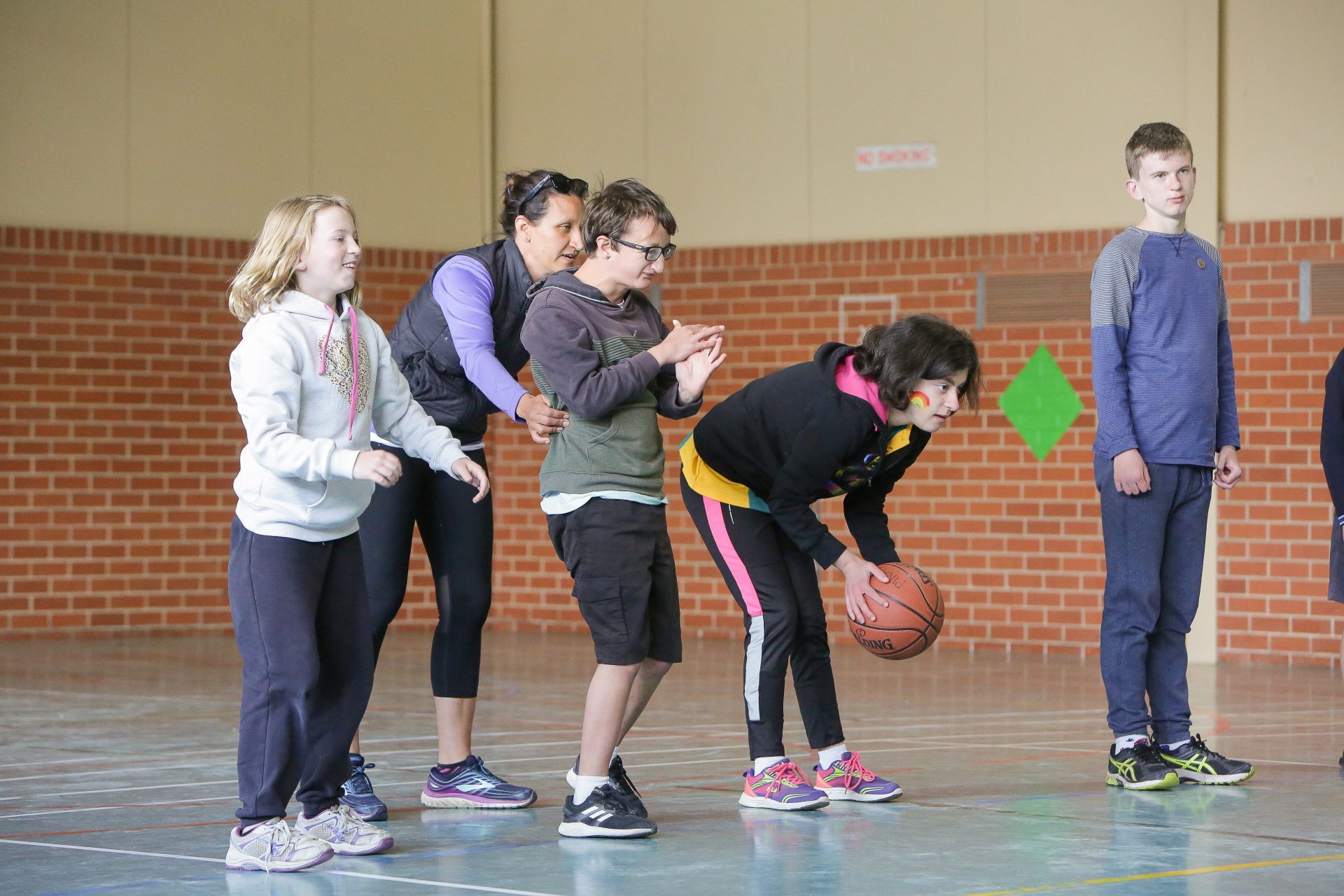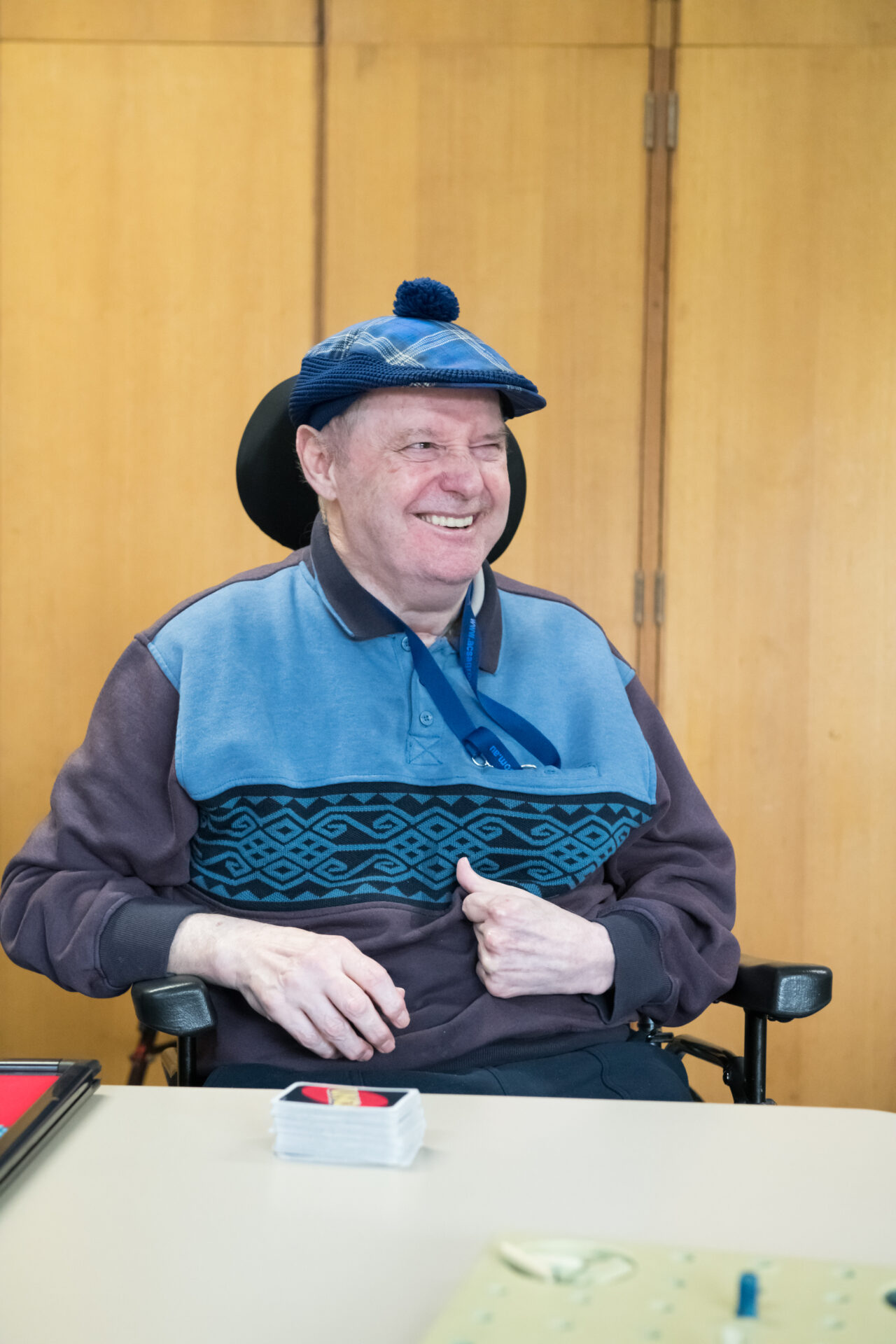pinarc feeding clinic
Paediatric Feeding Disorder affects one in 37 children under the age of five. For these children, eating, drinking, chewing, and swallowing can be painful and scary.
Feeding can be a tricky and frustrating skill to master, for children and their families. At Pinarc we have trained therapists who can help you work out the missing piece of the puzzle to improve your child’s feeding skills. We can support individuals with a wide range of feeding difficulties, including picky or selective eating, chewing or swallowing difficulties, sensory processing difficulties, feeding disorders with underlying medical factors, anxiety, with weaning from tube feeds, or trauma related to feeding.
Our feeding team consists of speech pathologists and occupational therapists who have varied backgrounds in evidence-based feeding therapies.
We take a neurodiversity affirming approach to supporting clients and their families to achieve feeding goals and support feeding partners to respond to a child’s cues and create positive mealtime environments. Members of our feeding clinic team are trained in a range of intervention approaches, including Responsive Feeding, the Division of Responsibility, tube weaning, swallowing assessments and have undertaken additional training to support children with Avoidant Restrictive Food Intake Disorder (ARFID). Members of our feeding team are also trained in the Sequential Oral Sensory (SOS) approach to feeding and where appropriate will include some of this learning in a responsive approach.
What to expect when working with a Pinarc speech pathologist and occupational therapist on your feeding goals:
- Multidisciplinary assessment of your feeding skills can include home visits to discuss the history of and current feeding concerns, observation of mealtimes within your daily routine, assessment of the environment including seating for mealtimes and task analysis. A swallowing assessment looks at your child’s ability to take food and drink from the lips to the stomach, controlling, chewing and swallowing safely along the way. It is best practice to have a speech pathologist and occupational therapist to complete a joint initial feeding assessment.
- We will consider the impact of your child’s feeding disorder on their overall health and quality of life, as well as on your family’s routine.
- Routines-based recommendations for at home, school or kinder (such as visuals, seating, equipment, modelling, feeding schedule and other aspects of the family mealtime environment).
- Caregiver upskilling and support on supporting family meals and eating routines
- Completion of referrals for other allied health services (such as dietitians)
- Ongoing liaison with other services such as paediatricians, kindergarten and school.






